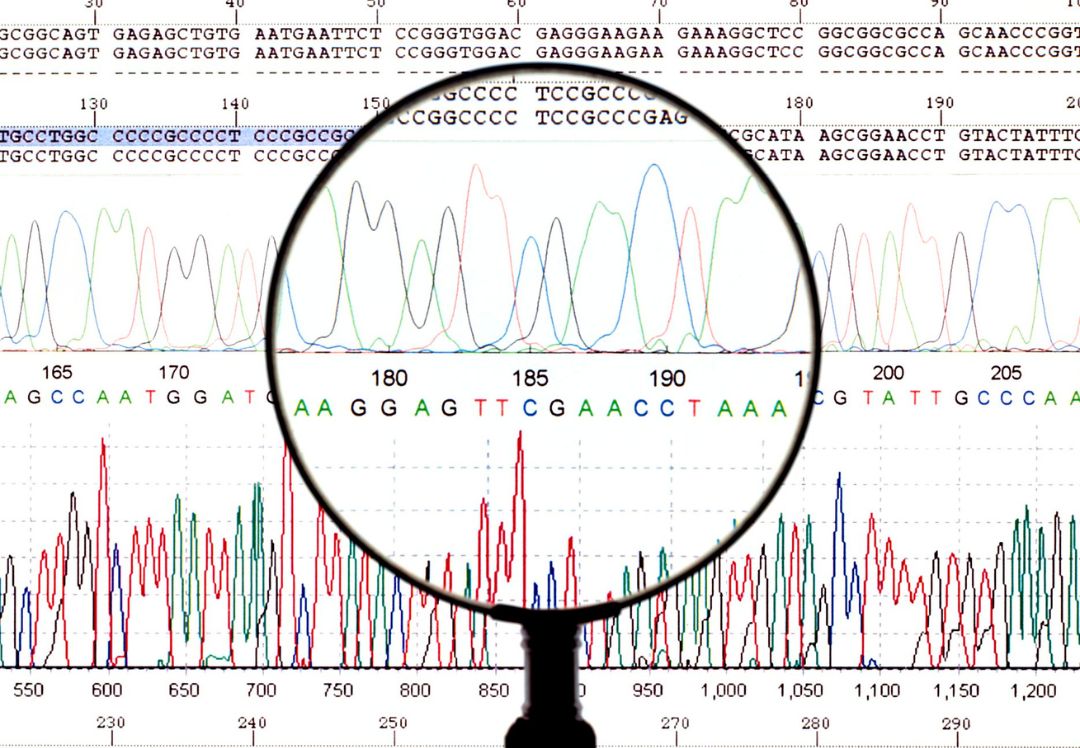In recent years, the field of genetic testing has witnessed remarkable advancements, thanks to the advent of next-generation sequencing (NGS). Also known as high-throughput sequencing, NGS has revolutionized genomic research and personalized medicine by enabling the analysis of vast amounts of genetic data in a cost-effective and time-efficient manner.
Applications and Impact of NGS
One of the most significant applications of NGS is whole genome sequencing (WGS). Unlike traditional sequencing methods that focused on specific regions of the genome, WGS involves reading and deciphering an individual’s entire DNA sequence. This comprehensive approach has far-reaching implications for personalized genomics and diagnostic advancements.
Whole Genome Sequencing (WGS)
By providing a complete picture of a person’s genetic makeup, WGS holds immense potential for understanding the underlying genetic basis of diseases and tailoring treatments accordingly. Traditionally, genetic tests were limited to a few specific genes or regions of interest. However, WGS allows scientists and healthcare professionals to examine all the genes in the genome, uncovering hidden mutations and variations that may be responsible for diseases.
Precision and Personalized Medicine
The precision and accuracy of WGS make it an invaluable tool for personalized medicine. With the detailed information obtained from WGS, healthcare providers can tailor treatment plans according to an individual’s unique genetic characteristics. For example, NGS-based tests can identify genetic variations that determine drug responses, enabling physicians to prescribe medications that are more likely to be effective and have fewer adverse side effects. This ability to personalize treatment based on a patient’s genetic profile has the potential to significantly improve outcomes and minimize healthcare costs.
Accessibility and Advancements
NGS technology is also accelerating genetic testing advancements and making them more accessible to a larger population. The decreasing cost and increasing speed of NGS have made it feasible to analyze the genetic information of large numbers of individuals, leading to significant discoveries in various areas of genomics and human health. With this mass-scale analysis, researchers can identify connections between specific genes and diseases more efficiently, enabling the development of targeted therapies and preventive measures.
Personalized Genomics
In addition to disease diagnosis and treatment, NGS is revolutionizing the field of personalized genomics. By providing individuals with detailed information about their genetic predispositions and traits, NGS empowers individuals to make informed decisions about their healthcare and lifestyle choices. Personalized genomics enables individuals to understand their risk of developing certain conditions, such as cancer or cardiovascular diseases, and take proactive steps towards prevention.
Ethical and Privacy Considerations
However, as with any advanced technology, there are ethical and privacy considerations associated with NGS and personalized genomics. The generation of vast amounts of genetic data raises concerns about the storage, access, and protection of this sensitive information. Striking the right balance between reaping the benefits of NGS and safeguarding individual privacy is a crucial challenge that needs to be addressed by policymakers and researchers alike.
Conclusion
Next-generation sequencing (NGS) and whole genome sequencing (WGS) have transformed genetic testing and personalized genomics, opening up new possibilities for improved diagnosis, treatment, and preventive healthcare. The continuous advancements in NGS technology hold promise for unraveling the mysteries of the human genome, enabling precision medicine tailored to an individual’s genetic profile. However, it is crucial that we navigate the associated ethical and privacy challenges to ensure the responsible and ethical use of NGS for the betterment of human health.





Attractive section of content I just stumbled upon your blog and in accession capital to assert that I get actually enjoyed account your blog posts Anyway I will be subscribing to your augment and even I achievement you access consistently fast